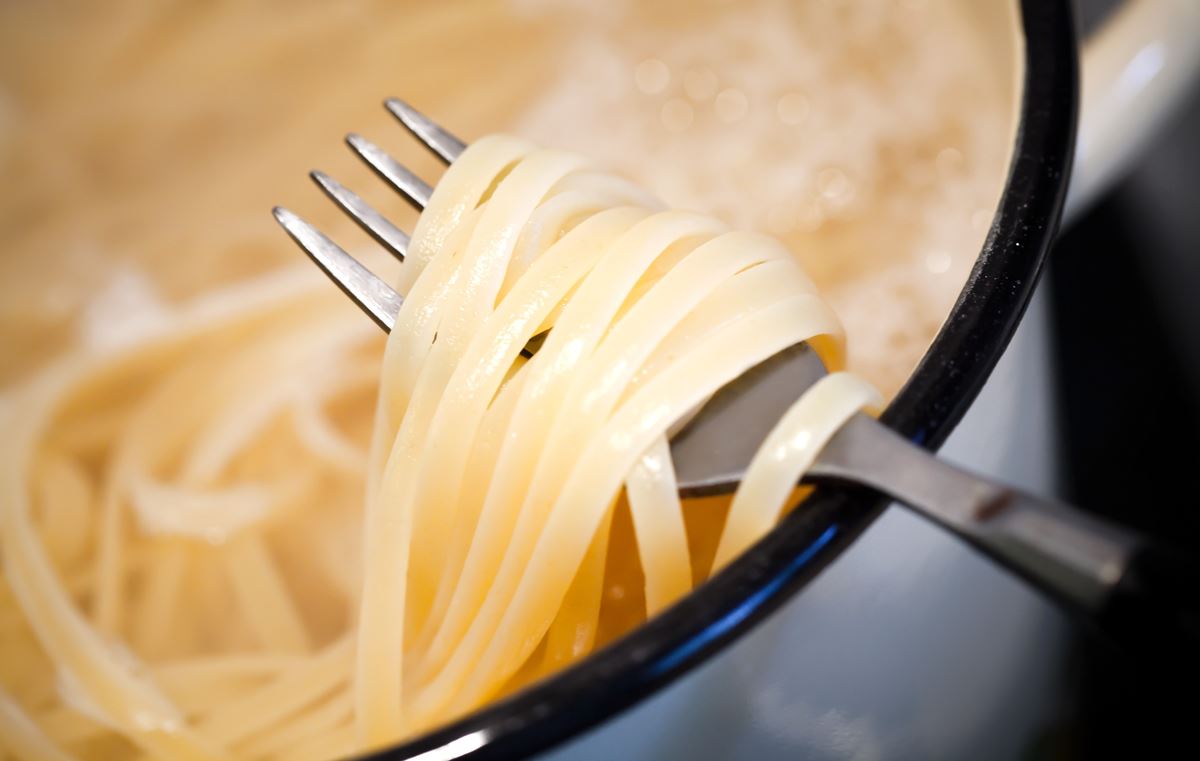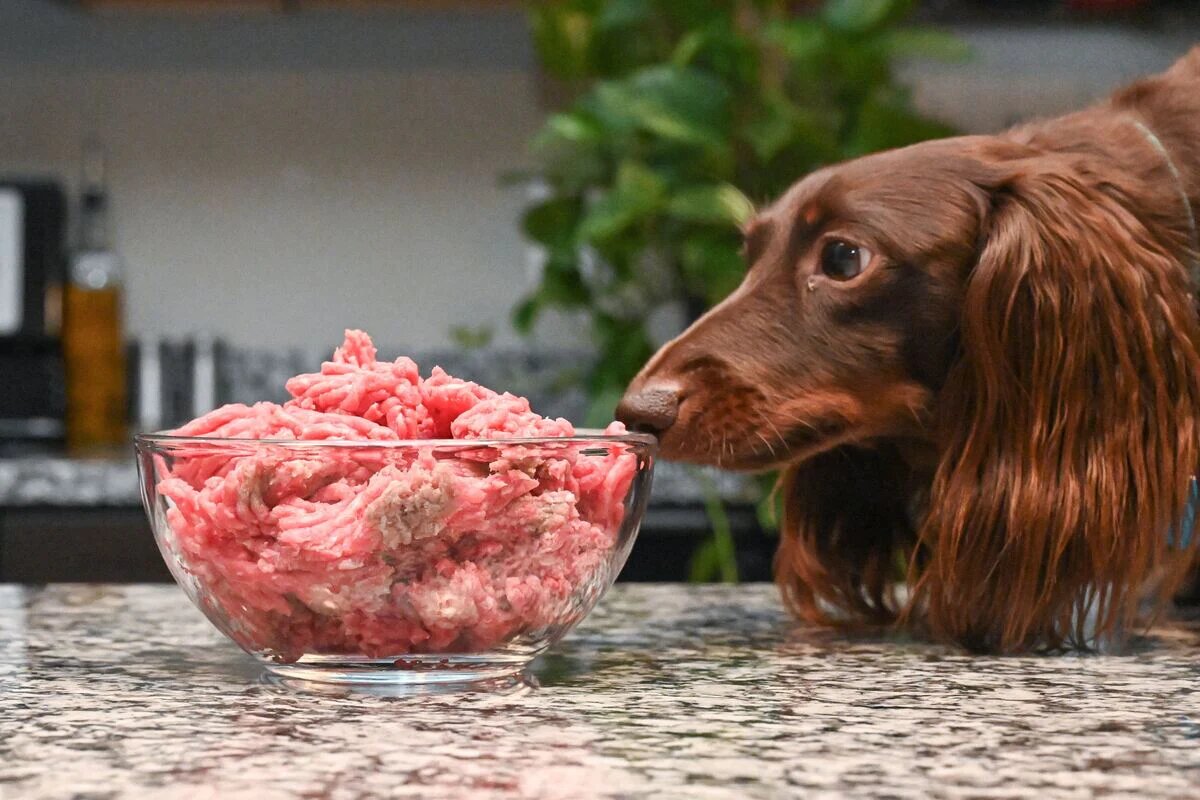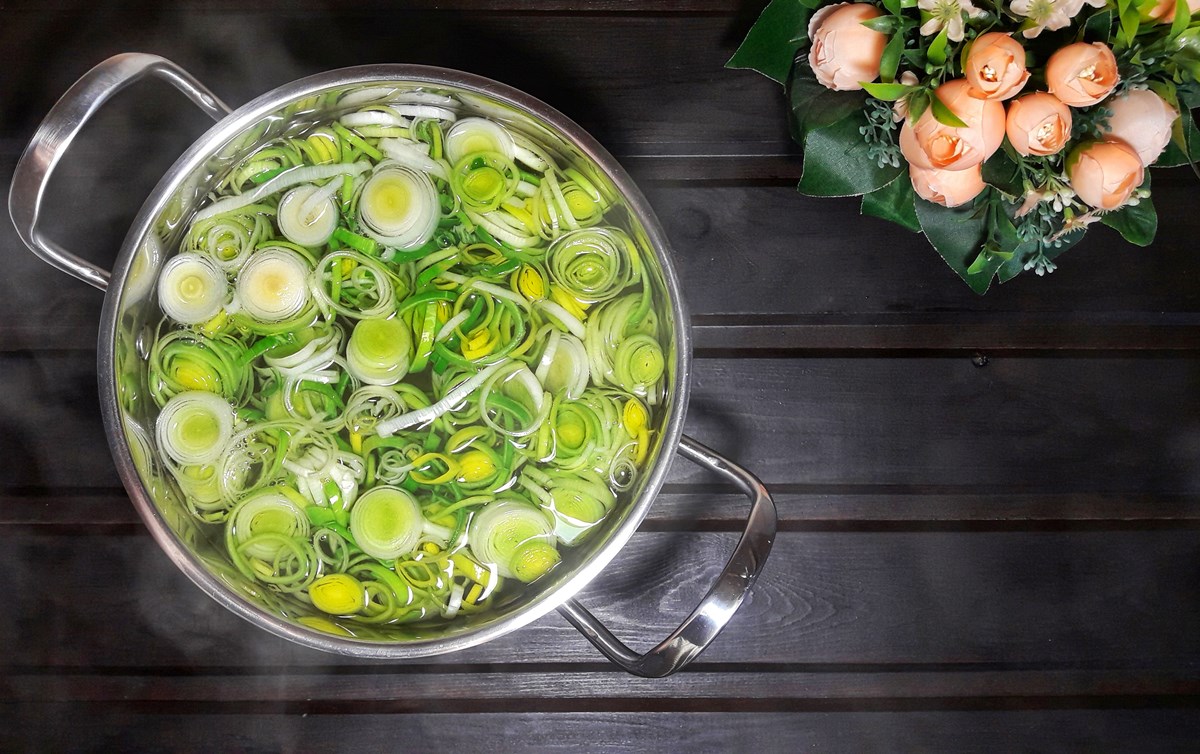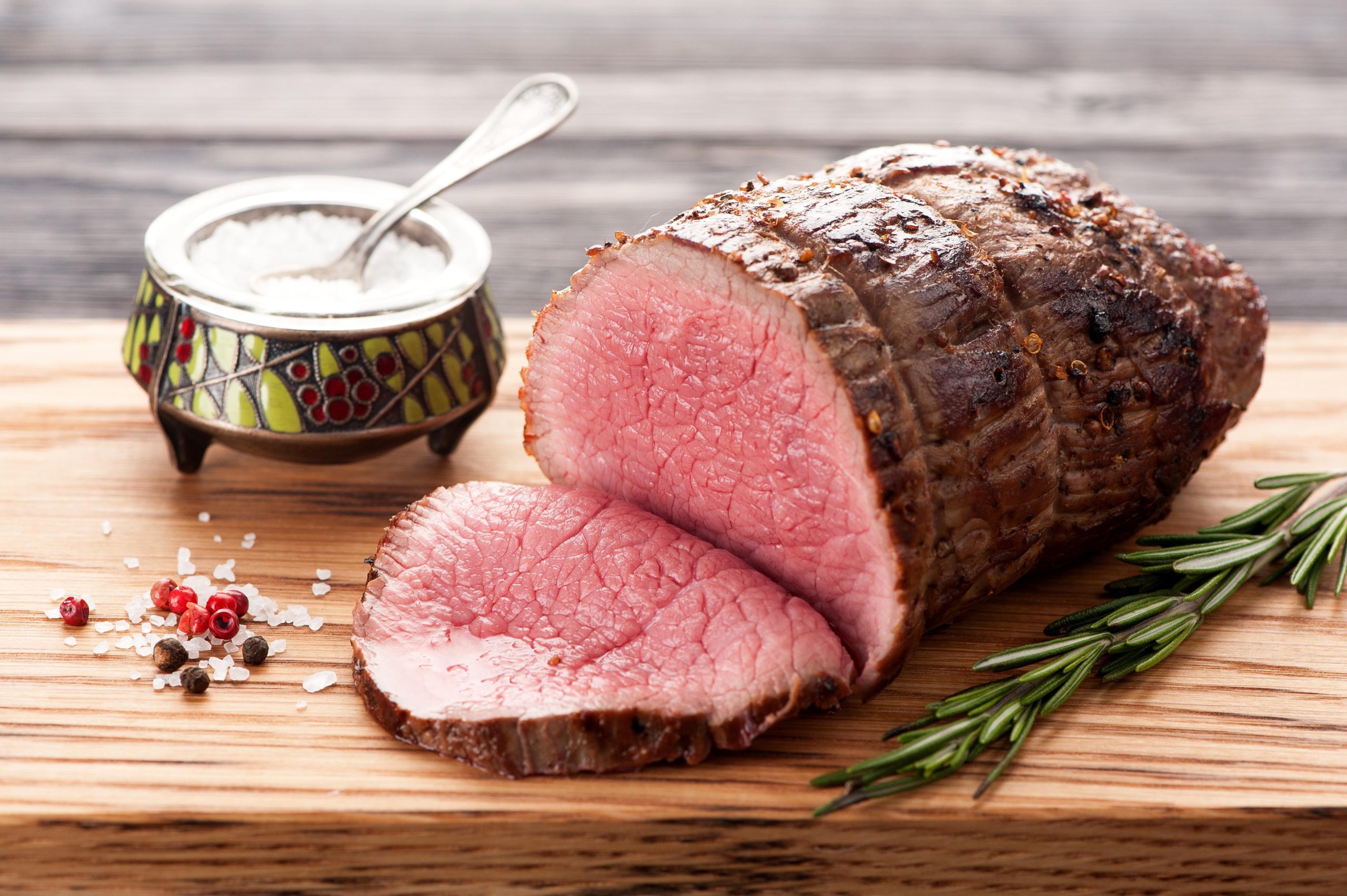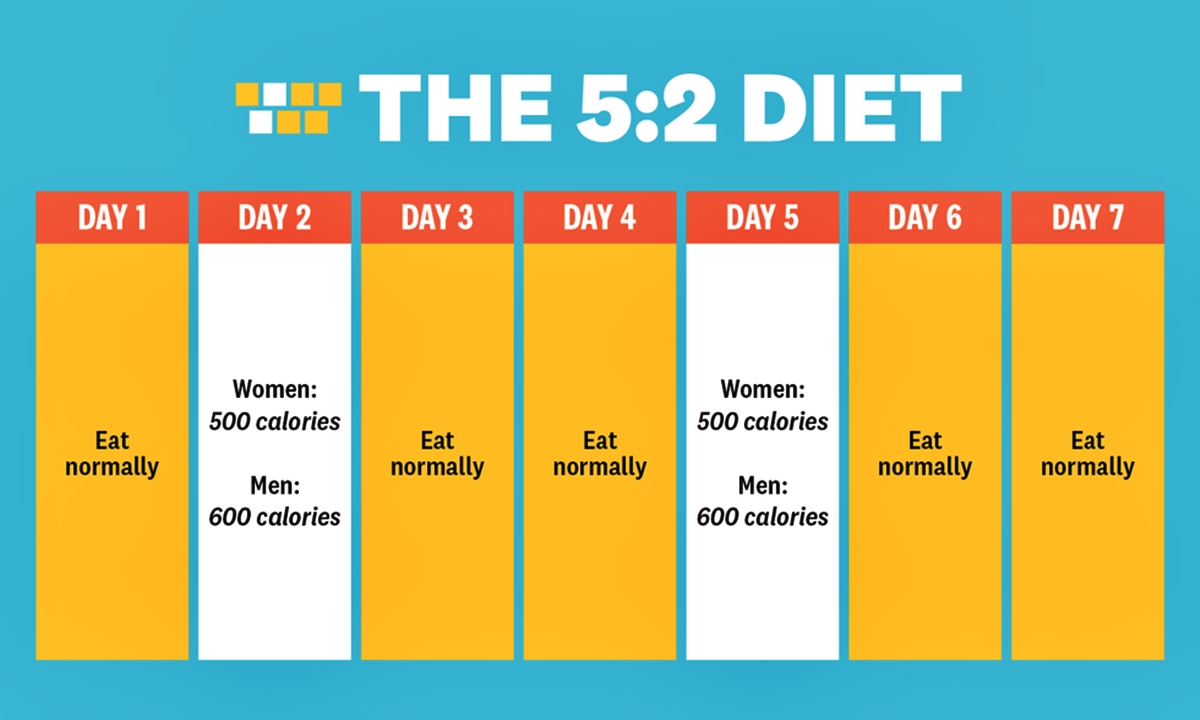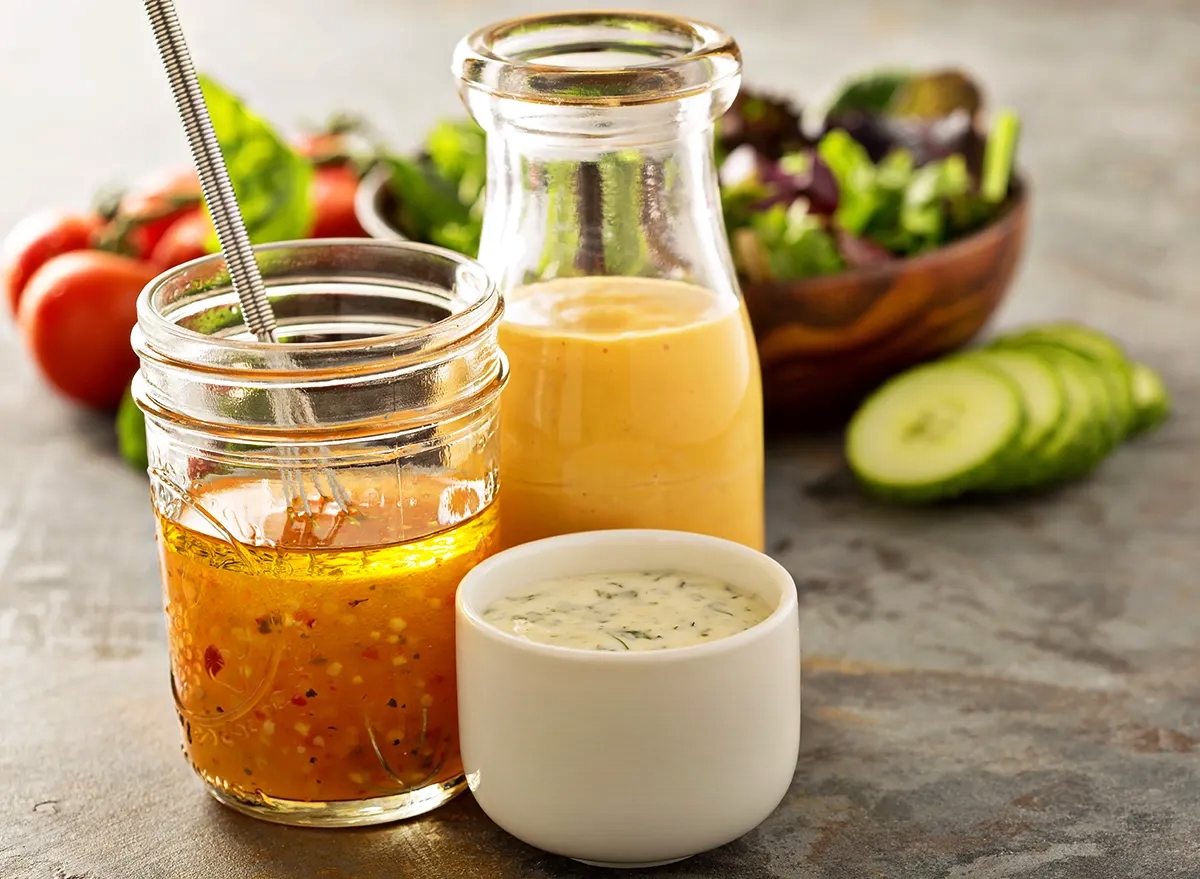How To Make Hard-Boiled Eggs
Hard-boiled eggs are a versatile and nutritious food that can be enjoyed in so many ways. Whether you want to make deviled eggs, egg salad, or simply enjoy them as a healthy snack, learning how to make the perfect hard-boiled eggs is essential. In this article, we will guide you through the step-by-step process to achieve perfectly cooked and easy-to-peel hard-boiled eggs.
Ingredients:
- Fresh eggs
- Water
- Ice
- Salt (optional)
Instructions:
Step 1: Start by selecting fresh eggs. It’s recommended to use eggs that are a few days old as fresher eggs may be more difficult to peel.
Step 2: Place the eggs in a single layer in a saucepan or pot. Add enough cold water to the pan, ensuring that the eggs are fully submerged.
Step 3: Place the pan on the stove and set the heat to high. Once the water reaches a rolling boil, reduce the heat to low and let the eggs simmer for about 9-12 minutes, depending on the desired doneness. For softer yolks, go with the lower end of the range, and for firmer yolks, opt for the longer cooking time.
Step 4: While the eggs are simmering, prepare an ice bath by filling a large bowl with water and ice cubes. This ice bath will help stop the cooking process and make peeling easier.
Step 5: Once the eggs are cooked, carefully transfer them from the pot using a slotted spoon and immediately place them into the ice bath. Let the eggs sit in the ice bath for at least 5 minutes to cool down completely.
Step 6: Gently tap each egg on a hard surface to crack the shell, then roll the egg between your hands to loosen it. Start peeling from the wider end of the egg, where the air pocket is often located. Peel under cool running water to help remove any remaining shell fragments.
Step 7: Your hard-boiled eggs are now ready to be used in your preferred recipe or enjoyed as a snack. Store any leftovers in a covered container in the refrigerator for up to one week.
Pro tip: Adding a teaspoon of salt to the water before boiling the eggs can help prevent the shells from cracking, but it’s optional.
Now that you know how to make perfectly cooked and easy-to-peel hard-boiled eggs, the culinary possibilities are endless. Enjoy them in salads, sandwiches, or as a quick and nutritious snack anytime!
Remember: Fresh, quality eggs and proper cooking techniques are key to achieving the perfect hard-boiled eggs.
For anyone looking to master the art of hard-boiled eggs, there are plenty of recipes to try out that make great use of this versatile ingredient. Classic Deviled Eggs are always a crowd-pleaser, perfect for parties or as a savory snack. Cobb Salad with Hard-Boiled Eggs offers a nutritious and filling meal, combining the eggs with a variety of fresh vegetables and proteins. Egg Salad Sandwich is another simple yet delicious option, ideal for lunch or a quick bite. For something a bit more adventurous, Scotch Eggs provide a hearty and flavorful experience, wrapping the eggs in sausage and breadcrumbs. Those who enjoy a bit of spice should definitely try Sriracha Deviled Eggs, adding a fiery kick to the classic recipe. Lastly, Ramen with Hard-Boiled Eggs brings a comforting, warm meal to your table, merging the eggs with rich broth and noodles. These recipes not only utilize hard-boiled eggs effectively but also offer a range of flavors and textures to enjoy.
Was this page helpful?
Read Next: How To Scald Milk
Abby Marcelino
Abby is a writer, editor, and a fan of ASMR mukbang and cooking videos. Her family has been in the food industry for years and she has been working for their business as a part-time quality assurance officer and content creator. She is addicted to all things dairy and carbs, most especially cheese and bread.
